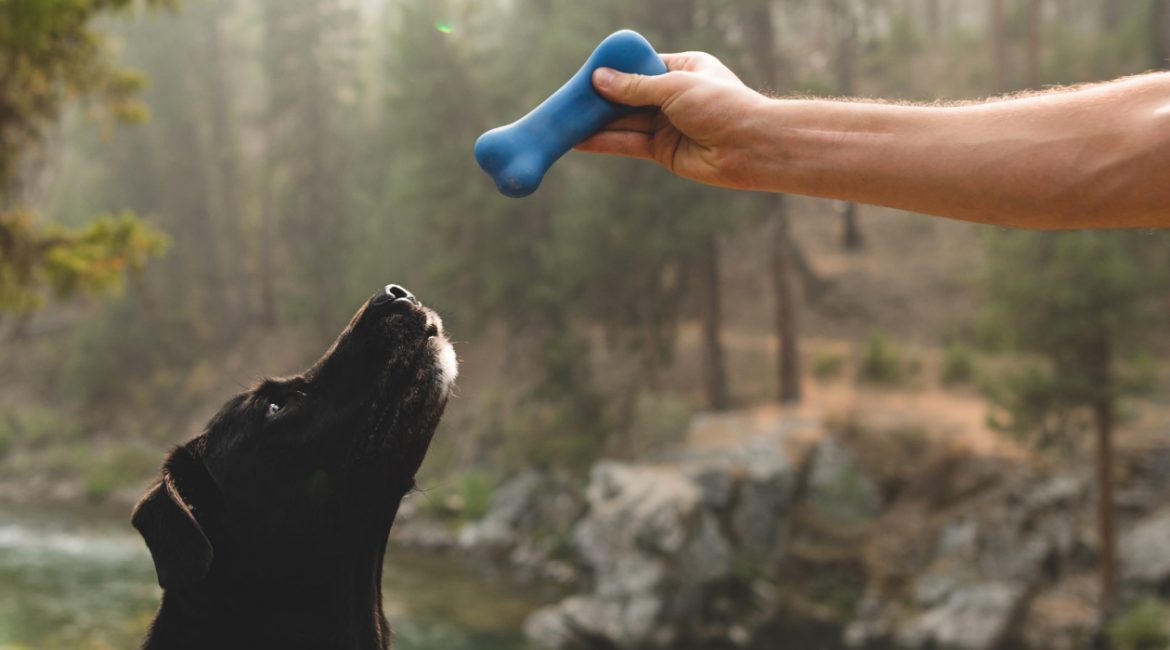Dog training put simply is teaching your dog English as a second language. Or French, German, Spanish or whichever language you speak.
Training physical movements or behaviours as we call them and pairing them with words. This gives you, the human part of the partnership, a means in which to communicate with your dog. Your dog hears the word, or cue, they remember the reward they got the last time they offered the behaviour and they offer the behaviour again.
When you bring a puppy home, you are inviting an animal to live with you in a very human orientated environment. Your dog only knows how to be a dog so therefore needs to be shown what you would like them to do and know how. To achieve this, you need a relationship with your dog that is built upon trust.
Every dog, person, and combination of the two is different. The person who lives in the hills of Donegal with a Border Collie has a different life and different house rules to the resident of upmarket Manhattan and their French Bulldog. But the reasons behind training their dogs’ certain behaviours and putting them on a verbal cue are the same.
Most dog breeds were developed and selectively bred to do jobs. Your Labrador Retriever who constantly steals your shoes was bred to bring shot game back to a hunter. Your Yorkshire Terrier who terrorizes its toys was bred to kill rats in the woollen mills of Yorkshire and your Border Collie who chases cars was bred with the sole purpose of restricting movement of sheep or cattle, for hours on end. In fact, that thing your dog does that really annoys you, is probably their favourite thing!
Training is also how these innate skills are brought out of dogs and used for their original purpose or used as an outlet for the dogs so that their natural needs are met.
Identifying what your dog finds naturally rewarding is also a key part to training. A trainer will help you see your dog as a species, a breed and as an individual dog and then help you find their rewards. Those rewards can then be carefully used to first teach and then keep up the behaviours you would like your dog to offer. Using positive reinforcement or rewards to train will also form that all important bond and relationship with your dog. A trainer will also encourage you to see the world from your dog’s point of view and to create a two-way street in communication, training, mutual trust, and respect.
If you would like help to understand your dog better or to teach them a new behaviour to make your lives better, contact Andy at Venture Dog Training today.

